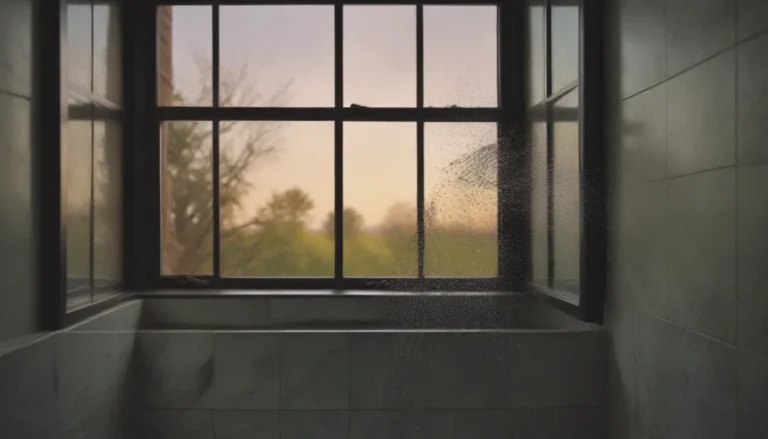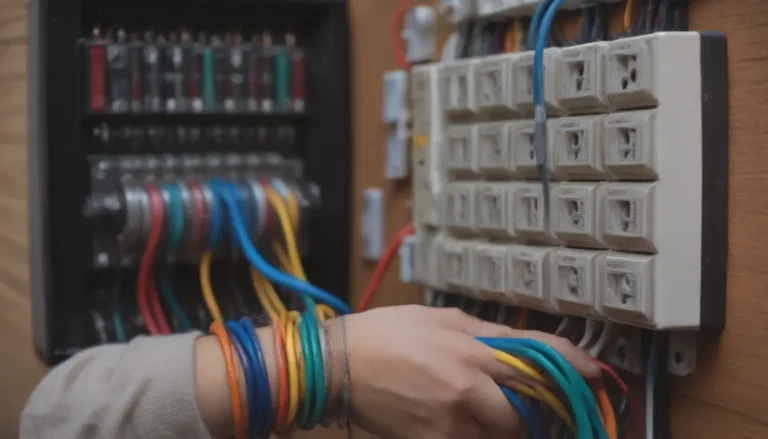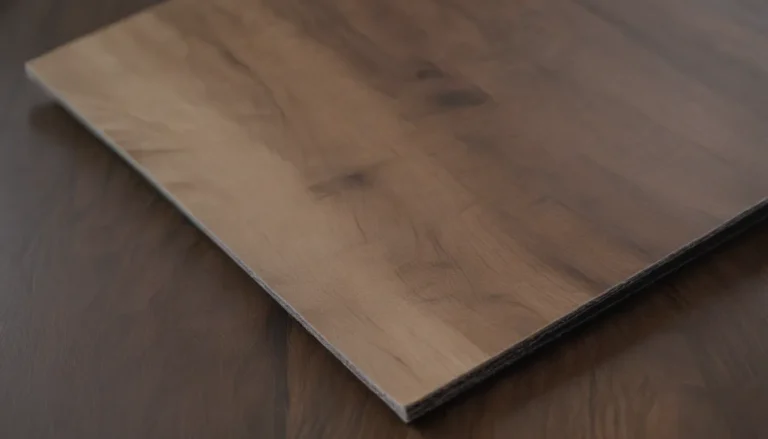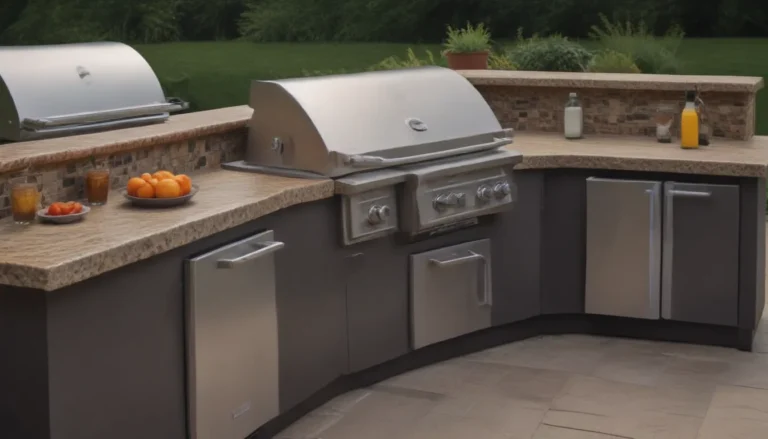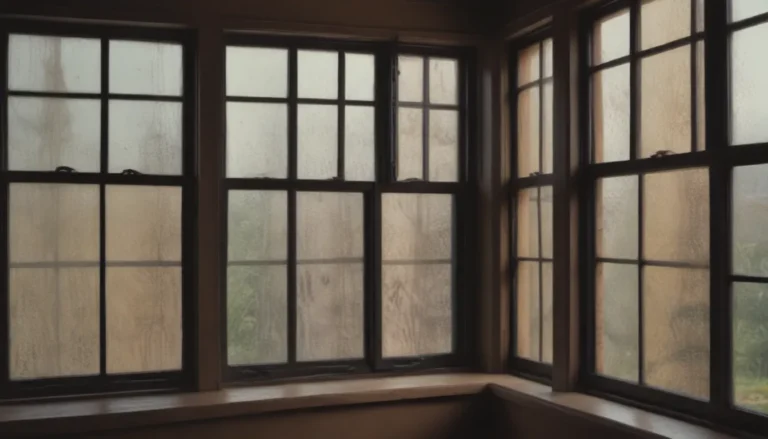The Ultimate Guide to Choosing the Best Countertop for Your Kitchen and Bathroom
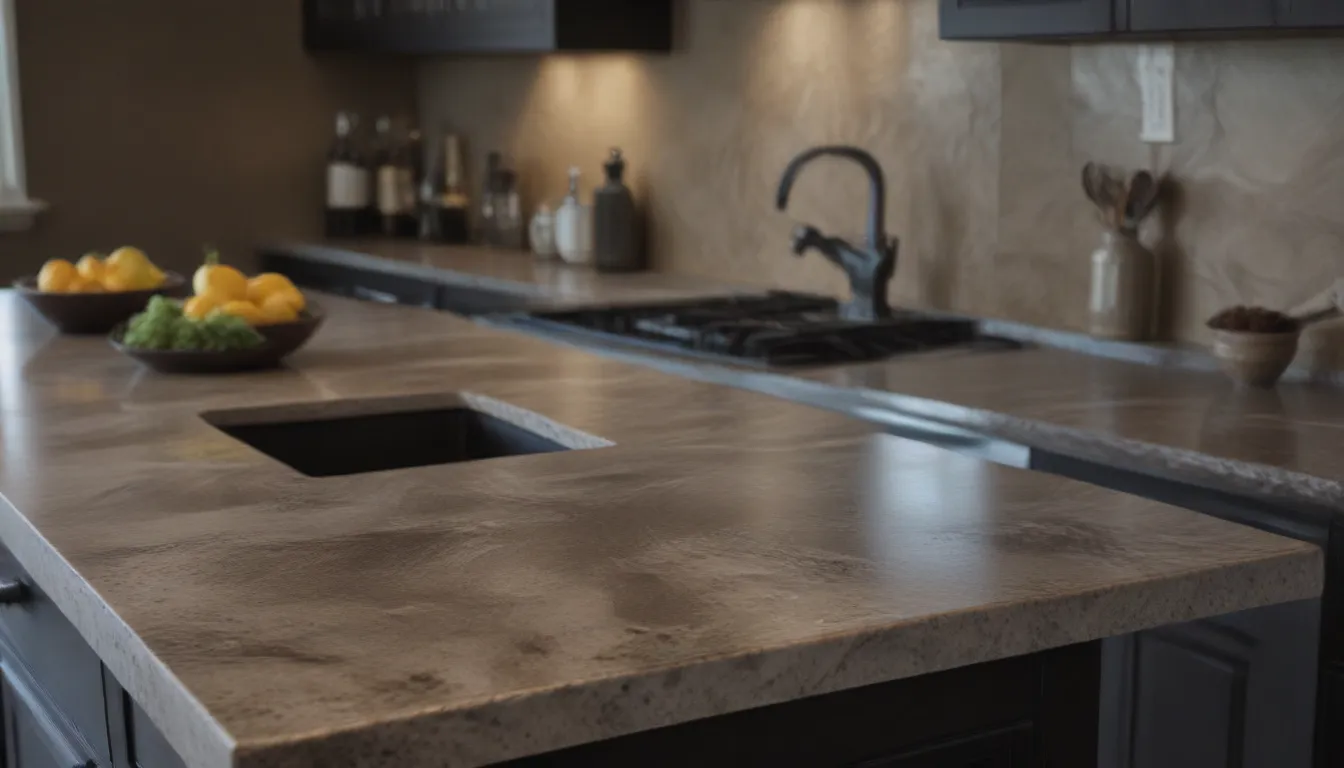
When it comes to selecting the perfect countertop material for your kitchen or bathroom, there are numerous factors to consider. Your choice should not only reflect your personal style preferences but also take into account practical aspects such as durability, maintenance, and resale value. In this comprehensive guide, we will delve deep into the world of countertop materials to help you make an informed decision that suits your needs and preferences.
Factors to Consider When Choosing a Countertop Material
Before diving into the specific types of countertop materials available, let’s explore some key factors that should influence your decision-making process:
- Appearance: Your countertop should complement the overall aesthetic of your kitchen or bathroom.
- Value: Consider the initial cost of the material, as well as its long-term durability and resale value.
- Stain resistance and clean-up: Easy maintenance is essential for busy kitchens and bathrooms.
- Heat resistance: Ensure that your countertop can withstand hot pots and pans.
- Resale value: Choose a material that adds value to your home for potential future resale.
Reclaimed Wood: Embracing Sustainability and Character
Appearance: Reclaimed wood countertops exude a unique charm with their rustic, antique appeal.
Value: While on the pricier side, reclaimed wood offers a green building solution for eco-conscious homeowners.
Stain Resistance: Regular sealing is necessary to prevent stains, making maintenance essential.
Heat Resistance: Reclaimed wood boasts excellent heat resistance, ideal for kitchen use.
Resale Value: While some buyers appreciate the character of reclaimed wood, its overall resale value may be lower.
Bottom Line: Reclaimed wood countertops are a sustainable choice for environmentally conscious homeowners but may not significantly impact your home’s resale value.
Concrete: Modern Elegance with a Few Drawbacks
Appearance: Concrete countertops offer endless customization possibilities, including seamless designs.
Value: Despite the low cost of concrete itself, the fabrication process can drive up expenses.
Stain Resistance: Regular sealing is crucial to prevent staining, especially from acidic substances.
Heat Resistance: While durable, concrete can show scorch marks over time.
Resale Value: Suitable for contemporary kitchens, concrete countertops may not appeal to all buyers.
Bottom Line: Concrete countertops are a trendy choice for modern homes but may not suit every homeowner’s preferences due to their unique characteristics.
Zinc: A Unique and Eye-Catching Option
Appearance: Zinc countertops feature a distinctive matte finish that develops a natural patina over time.
Value: As a premium material, zinc is more expensive but offers a trendy aesthetic.
Stain Resistance: Vulnerable to dark spots from acidic substances, regular maintenance is necessary.
Heat Resistance: Highly resistant to heat, zinc countertops are ideal for cooking enthusiasts.
Resale Value: While appealing to some buyers, zinc countertops may not suit everyone’s tastes.
Bottom Line: Zinc countertops are a mid-range option that can be a conversation starter in kitchen designs.
Ceramic or Porcelain Tile: A DIY-Friendly Choice with a Catch
Appearance: Tile countertops offer versatility in design but can be challenging to maintain due to grout lines.
Value: Cost-effective and easy to install, tile countertops are a budget-friendly option.
Stain Resistance: Regular maintenance of grout lines is essential to prevent staining.
Heat Resistance: Ceramic and porcelain tiles are highly heat-resistant.
Resale Value: While popular for backsplashes, tile countertops may not enhance your home’s value.
Bottom Line: Tile countertops are a DIY-friendly choice with cost-effective benefits but may require extra maintenance due to grout lines.
Laminate: Affordable and Low-Maintenance
Appearance: Modern laminates now mimic natural materials with improved aesthetics.
Value: One of the most budget-friendly options, laminate countertops offer excellent value.
Stain Resistance: While easy to clean, deep stains can be challenging to remove.
Heat Resistance: Resistant to melting but prone to discoloration from extreme heat.
Resale Value: Laminate countertops are gradually gaining acceptance but may not appeal to all buyers.
Bottom Line: Laminate countertops are a cost-effective choice with improved aesthetics and low maintenance requirements.
Refinished Countertop: A Quick and Affordable Update
Appearance: Refinishing offers a budget-friendly solution to update existing countertops.
Value: A cost-effective option compared to replacing entire countertops.
Stain Resistance: Similar to laminate, refinished countertops require regular maintenance.
Heat Resistance: Prone to scratches and not as durable as other materials.
Resale Value: Refinished countertops may not significantly impact your home’s value.
Bottom Line: Refinished countertops provide a quick and affordable update but may not be a long-term solution.
Solid Surface: A Blend of Performance and Affordability
Appearance: Solid surface countertops offer seamless designs and a wide range of styles.
Value: While more expensive than tile or laminate, solid surface material provides good value.
Stain Resistance: Susceptible to stains but can be easily sanded out.
Heat Resistance: Prone to scorch marks, solid surface counters require maintenance.
Resale Value: Solid surface materials offer moderately good resale value compared to laminate.
Bottom Line: Solid surface countertops are an economical choice with easy maintenance and refinishing options.
Stainless Steel: A Sleek and Modern Choice
Appearance: Stainless steel countertops exude a contemporary and industrial look.
Value: Premium pricing due to material and fabrication costs.
Stain Resistance: While susceptible to stains, stainless steel can usually be cleaned easily.
Heat Resistance: Highly resistant to burns and scorch marks.
Resale Value: Trend-conscious buyers may value stainless steel, while others may not.
Bottom Line: Stainless steel countertops offer a sleek and durable option but may not suit all design preferences.
Slab Granite: Timeless Elegance and Durability
Appearance: Granite countertops boast a unique, rich appearance that adds luxury to any space.
Value: Considered a premium material, granite is an expensive but long-lasting option.
Stain Resistance: Granite requires regular sealing to prevent stains.
Heat Resistance: Extremely resistant to heat, granite can withstand high temperatures.
Resale Value: Granite countertops enhance a home’s value and appeal to prospective buyers.
Bottom Line: Slab granite countertops offer a top-tier choice for timeless elegance and durability.
Quartz: The Best of Both Worlds
Appearance: Quartz countertops mimic the look of natural stone with a wide range of colors and patterns.
Value: Despite the initial cost, quartz countertops offer excellent value and durability.
Stain Resistance: Highly resistant to stains and easy to maintain.
Heat Resistance: Quartz countertops are among the best at resisting burns and scorch marks.
Resale Value: Highly valued by homebuyers, quartz countertops enhance a home’s appeal.
Bottom Line: Quartz countertops stand out as the best overall choice due to their appearance, low maintenance, and high resale value.
Conclusion
Choosing the right countertop material for your kitchen and bathroom involves a careful consideration of various factors, including appearance, value, maintenance, and resale value. By exploring the pros and cons of different countertop materials, you can make an informed decision that suits your lifestyle and design preferences. Whether you opt for the classic elegance of slab granite, the modern appeal of stainless steel, or the timeless beauty of quartz, there is a countertop material to fit every style and budget. Happy remodeling!
